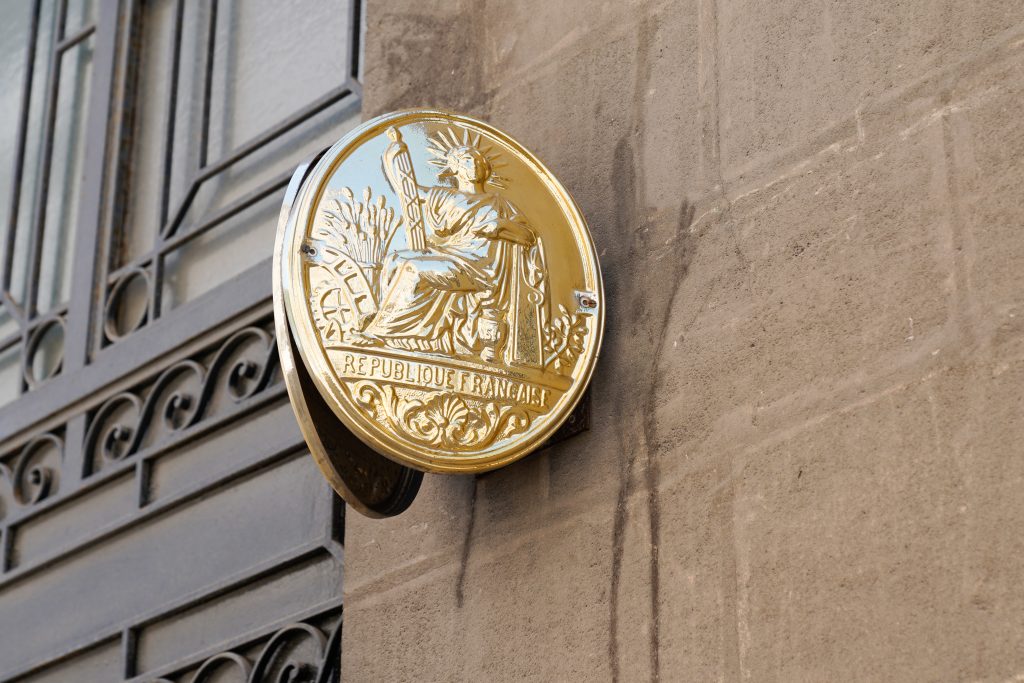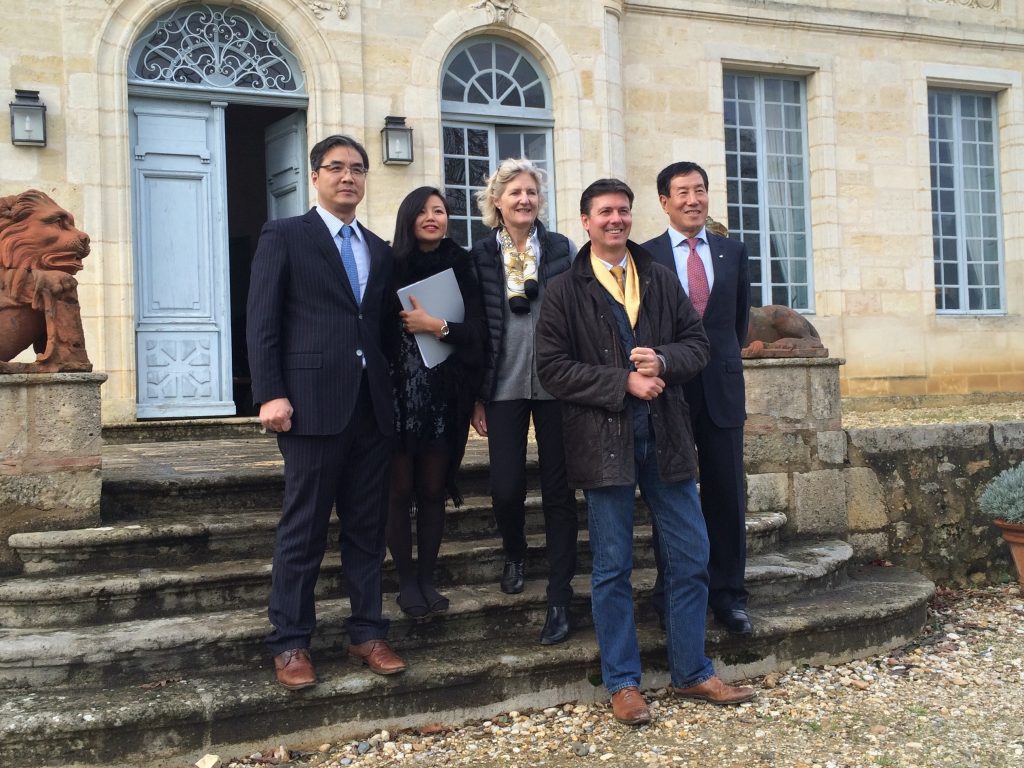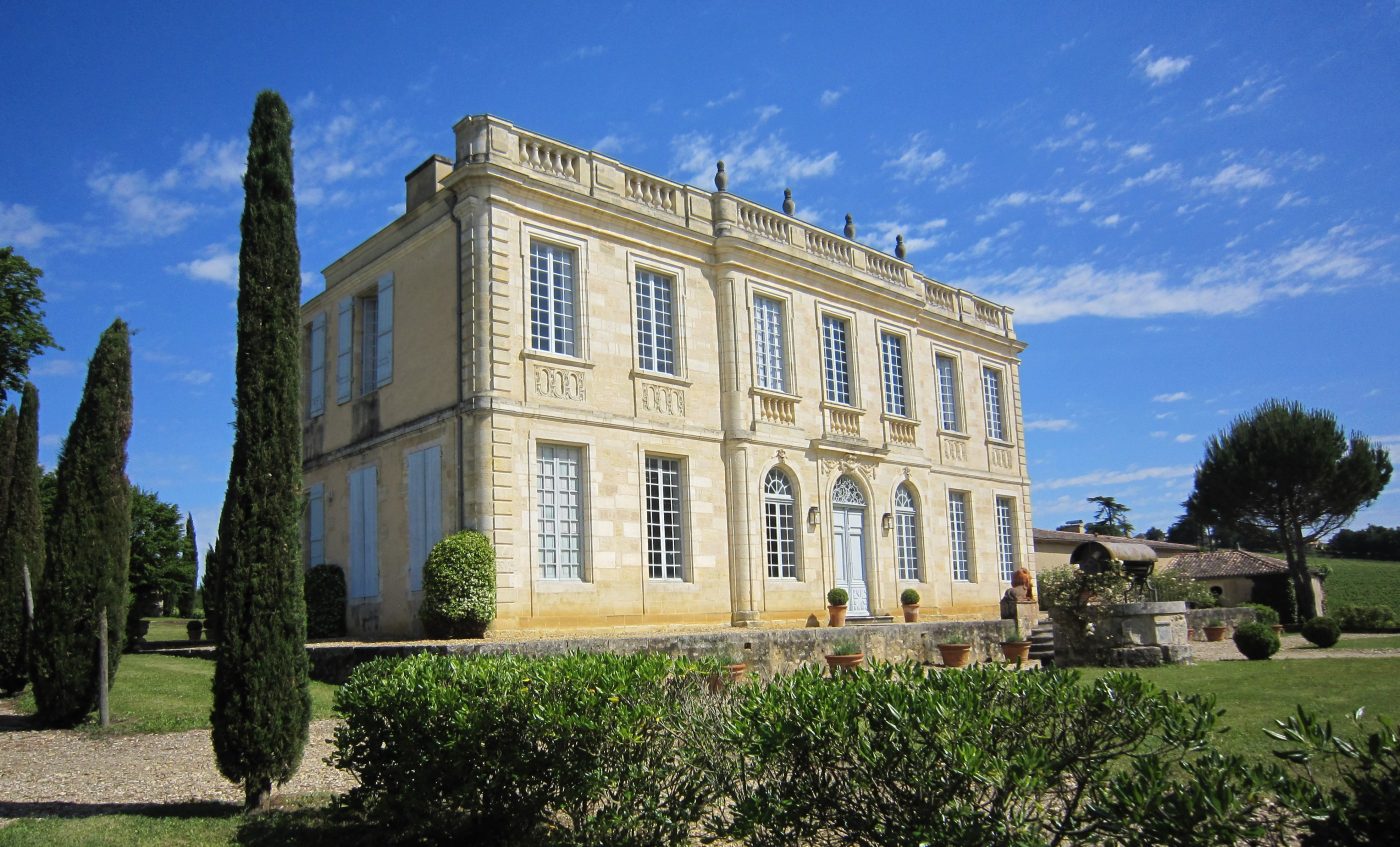Buying a property in South West France needn’t be a daunting experience. Working closely with a reputable Real Estate professional will enable your experience to be as streamlined and simple as possible. The aim of this Buying Guide is to outline the process for buying property in France. So what next….?
Having agreed on a buying price, you’ll be edging closer to becoming home-owners. Whether it’s a luxurious estate in the French countryside or a chateau to be renovated as a retirement project, in Part 3, we will explore the buying process in more detail and legal requirements.
Whilst this might be an unfamiliar experience for many of our international clients, the team at Maxwell-Baynes/ Christie’s International Real Estate has over 25 years’ experience dealing with luxury residential property transactions. Your ‘Agent Commercial’/Independent Agent will support you along the way and help with any challenges you may face.

4. THE BUYING PROCESS
The conveyancing process in France normally takes around 12 weeks but can be accelerated if required. The normal course of events would be as follows.
A. PHASE 1. (Week 1) Once the offer has been accepted and the terms have been agreed regarding timing, financing requirements etc. then the seller’s Notaire will be requested to draw up the contract of sale (Compromis de Vente) and will gather together all the necessary information relating to the contract from the vendors and agents. This will include full information on both seller and buyer, the requisite reports (noted above) together with any other conditions of sale such as financing. We have provided some additional guidance notes below on the French Notaire. The buyer should arrange any structural or building surveys during this time. The buyer should also arrange for the deposit (normally 10% of the purchase price) to be placed with the Notaire in advance of the signing.
B. PHASE 2. (Week 2) This is normally when the Compromis de Vente is signed. This is usually signed at the Notaries office and it is important that you have your agent (and Notaire if different to the vendors) with you to guide you through the process. The contract is read through and explained to each of the parties, the obligatory survey results are explained and the cadastral plan is studied to ensure that both buyer and seller understand the property and land that is being sold. Both buyer and seller will then sign the contract. Although it is possible to do this process without attending, we always recommend that the buyers attend this signing. It is important to note that the buyer has a cooling off period of 10 days.
TOP TIPS
• Don’t be bullied into making quick decisions that you are uncomfortable with.
• Make sure that you have a Notaire that is able to explain the process clearly.
• Make sure that you choose an agent that you trust to guide you through the process.
• Don’t sign anything until you are comfortable and feel ready to make a well-informed decision.
• Try to attend the meeting in person if possible. If you are unable to attend, you can lodge a power of attorney with your Notaire. If you do this make sure that you receive a copy of the purchase contract prior to the signing and that it is explained to you.
• Understand clearly what things you need to organise during this period.
• Don’t pay any of the proceeds to anyone other than the Notaire in the transaction.
• Do not be tempted to pay any element of the transaction in cash, as this is illegal.
C. PHASE 3. (Week 3-11) The Notaire will undertake certain administrative tasks during this period and these will include the following: they will conduct a local search to establish if there are any matters that could have a materially adverse effect on the property (future plans for a motorway through the garden!). They will also check if there are any preemptive rights on the property, obtain any plans and documents relating to the sale and will check title for loans and liabilities. If any negative anomalies are unearthed they should be immediately brought to the attention of all parties. The vendor will be required to arrange for furniture and belongings to be removed from the property during this period. The buyer should also use this period to get things organised such as furniture removals etc. and arrange for the balance of payment to be placed with the Notaire. If financing is required by the buyer, the conditions within the contract may also stipulate a date within this period for proof of financing to be provided. It is also essential during this phase that the buyers establish a local bank account and arrange buildings insurance cover for the date of completion.
D. PHASE 4. (Week 12) This would typically be the week in which the final signing (Acte de Vente) takes place. This will also take place at the notaries office and again it is best if all parties are present. The Notaire will read through the contract and will explain the documents relating to the searches he has conducted and show that the accounts and funds are in place to conclude the transaction. When both buyer and seller are happy, the contract will be signed and the keys will be handed over. It is then quite common for both buyers and sellers to adjourn to the nearest restaurant to celebrate the transaction (although who pays is a bit less clear)!

5. NOTAIRE (Notary)
It is quite normal in France for a Notaire to represent both buyers and sellers in the same transaction as they have a legal and fiduciary responsibility to each party. The critical element in this decision is perhaps language capability and we would always advise using a Notaire who has the capacity to explain things clearly in your own language. There is no financial penalty for using two separate notaries in the transaction but if not managed properly it can slow the process somewhat. A good agent will be able to recommend a suitable Notaire used to working with international buyers.
6. TAXATION
As in most countries, this can be an area that has a degree of complexity and again, is subject to regular change. We as agents, are very happy to provide broad guidelines but would advise in every case that a buyer seeks to establish professional guidance. We are well placed to recommend local tax and accounting expertise. The Capital Gains Tax position will very much depend on whether you are buying the property as a principal residence or as a secondary home but it is important to take guidance from your Notaire on this matter. Income tax in France is slightly less complex in that if you live in France for more than 6 months per year you are tax resident in France. Setting up a business or renting your property needs to be discussed with a specialist. The other taxation issue that is very important for foreign buyers is the issue of Inheritance Tax. Although currently changing, this is very different in France than most Anglophone countries; it is governed by Napoleonic law.
TOP TIPS
• To enable the tax specialist to provide guidance and solutions, it is important to establish the following:
• Will you be living in France for more than six months per year?
• Are you planning to run a business while here?
• Will it be your principal or secondary residence?
7. COSTS
There are various costs that a buyer should consider when acquiring property in France.
The main cost to be considered is that buyers are responsible for the Sales Tax (Stamp Duty) and the notaries fees. These fees are normally in the region of 6.5 to 7% of the purchase price depending on whether financing is required.
It is usual (but always check with your agent) that the sales commission on any property transaction is included in the asking price.
The only other cost that the buyers will incur aside from the usual removal costs are the cost of a building survey if required.
Once you are the owner of a property you will then be responsible for the two different annual taxes known as Impôt Foncier and taxe dʼhabitation. The Impôt Foncier is paid annually in October by whoever owned the property on 1st January of that year. So, for example, if you buy in July you would not be liable for that year. The taxe dʼhabitation is paid annually in December by whoever was occupying the property on 1st January of that year. If you buy in July, however, you will pay on a pro rata basis, this is calculated by the Notaire.
8. CONDITIONS SUSPENSIVES
The important thing to recognize is that when you enter into a contract to purchase a property in France you are entering a legally binding contract. Conditions suspensives are clauses within that contract that may annul the contract if not satisfactorily met. It is the notaireʼs responsibility to ensure that the conditions are met. Perhaps the best example would be where the buyer will not be able to conclude the transaction without financing. If this is not included in the contract the buyer is legally bound to complete even if they can’t get financing. Other examples of conditions might relate to planning permission, evidence of civil projects, or the death of one or more of the parties before completion.
9. PRE-EMPTIVE RIGHTS
This is an expression you will encounter when buying a property in France but it is normal and should not necessarily be cause for concern. It is not uncommon for the local commune to have the first right of refusal should a property be available for sale. Perhaps a good example of this would be a house next to a school that the local commune would like to use to extend school facilities. They must however match the price that the buyer is prepared to pay in order to pre-empt the sale and in practice this rarely ever happens. It is the notaireʼs responsibility to ʻpurgeʼ any pre-emptive rights that may exist.
We hope this guide has been useful. It is not intended to be a fully comprehensive explanation and of course some of the content could be subject to change (dated 22nd March 2021).
If in doubt, do not hesitate to contact Maxwell-Baynes/ Christie’s International Real Estate where our team of luxury residential specialists can advise you along the way.
Our agents manage a luxury property portfolio across the Gironde, Dordogne, Gers, Charente, Charente-Maritime and Lot et Garonne regions. We also have vast connections across the rest of France and can put you in touch with our partner agencies.

For Part One of the Buying Property in France Guide, please click here.
For Part Two of the Buying Property in France Guide, please click here.
